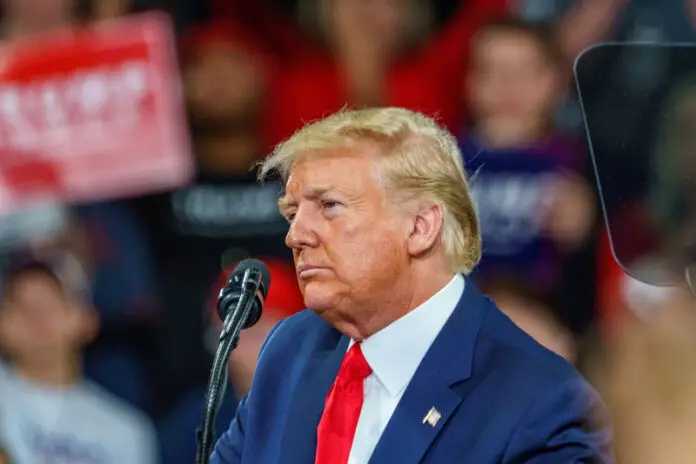President-elect Donald Trump’s proposed second-term administration is set to become the wealthiest personnel in U.S. history, with at least 11 billionaires holding key positions and a combined wealth exceeding $340 billion—greater than the gross domestic product of 169 countries. This staggering concentration of wealth at the highest levels of government has sparked fears of a plutocracy, where power is dictated by the financial elite rather than democratic principles.
The unprecedented wealth accumulation in the incoming administration dwarfs President Joe Biden’s current cabinet, which has a combined net worth of approximately $118 million, making Trump’s team roughly 2,881 times wealthier.
Elon Musk leads the wealth rankings, with an estimated net worth of $344.4 billion. He has been tapped to co-lead the newly created Department of Government Efficiency (DOGE). Musk’s appointment is particularly controversial due to his history of inflammatory remarks and promoting conspiracy theories.
Other notable billionaire appointees include Linda McMahon ($3 billion), Jared Isaacman ($1.7 billion), Howard Lutnick ($1.5 billion), and Vivek Ramaswamy ($1 billion).
Scott Bessent, Trump’s pick for Treasury Secretary, brings extensive Wall Street experience, while Howard Lutnick is slated for Commerce Secretary. The administration has also tapped Jared Isaacman to lead NASA, and tech investor David Sacks is positioned to become the White House AI and cryptocurrency czar.
The wealth of Trump’s proposed cabinet significantly exceeds that of previous administrations. Former President Obama’s second-term cabinet had a combined worth of approximately $2.8 billion, while Trump’s first administration reached $6.2 billion.
Doug Burgum, the Republican governor of North Dakota with an estimated net worth of $1.1 billion, has been selected to head the Department of the Interior.
The administration’s total wealth of $358.9 billion includes Trump’s own estimated net worth. This figure surpasses the GDP of nations like Finland and New Zealand, representing a historic concentration of wealth in American government leadership.
Beyond financial considerations, several of Trump’s cabinet picks have sparked controversy due to past behaviors and statements. Pete Hegseth, nominated for Defense Secretary, faces scrutiny over a 2017 sexual assault allegation during a Republican conference in Monterey, California. Although no charges were filed, the incident raises concerns about his suitability for the role.
Additionally, Robert F. Kennedy Jr., selected to lead the Department of Health and Human Services, is known for promoting anti-vaccine conspiracy theories, which could significantly impact public health policies.
These appointments reflect a broader trend in Trump’s selections, emphasizing loyalty and wealth over traditional qualifications, leading to concerns about the administration’s direction and priorities.

